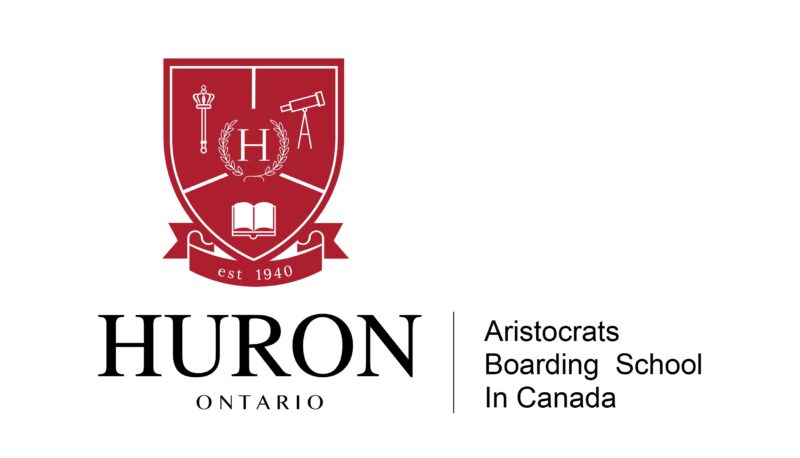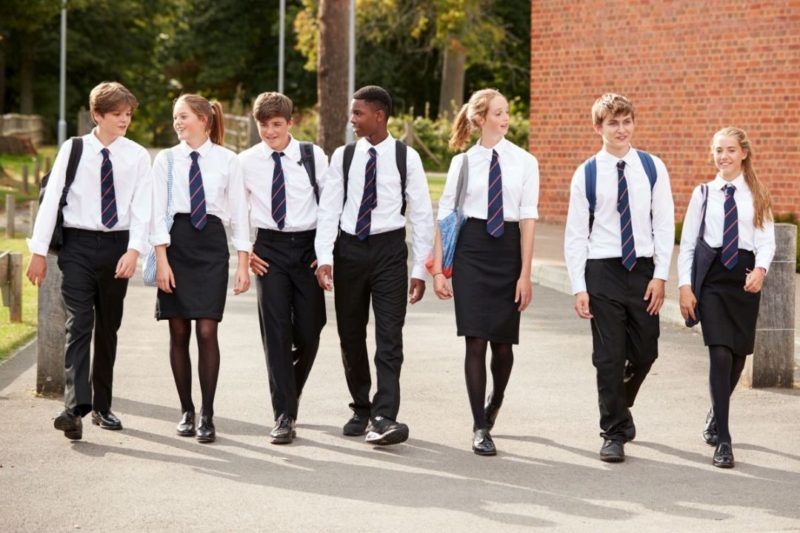Canadian private schools are best suited for most international students, especially for Grade 11-12 students. First, the top configuration of private schools gives students better resources, from faculty to hardware resources, and second, the semester system of private schools is more suitable for students who want to earn credits and apply to universities as soon as possible.
In recent years, more and more international students from all over the world are going to Canadian high schools. However, some “smart” investors saw great business opportunities from this, so a variety of “diploma mill” of private high schools appeared. This is a story that was in the spotlight at that time.
On the West Coast, the Vancouver International College (VIC) was suspended by the B.C. Ministry of Education. How did that happen?
The VIC website states that “the school is offering ‘UBC Preparatory Classes’ to provide a fast track for international students interested in applying for UBC. Although the school charges up to $50,000 a year in tuition, it still doesn’t deter parents from enrolling in that high school. But the school was ordered to close by the B.C. Ministry of Education because of selling diplomas. Although international students are aware that they have enrolled in a “diploma mill” and got cheated, the energy they spent, the money and mostly, the time are gone.
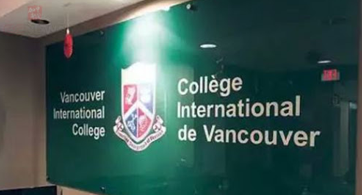
The “diploma mill” of private high schools is the term for schools that are informal and not officially recognized. It is neither a formal school nor the qualifications are recognized by the state. The “diploma mill” are difficult to detect in many private schools, especially for parents who do not know much about the situation overseas and are easily confused by their exaggerated propaganda and end up registering at the wrong school.
Today, let’s look at the selection principles for private schools, breaking through the international information barrier and stereotypes, and get closer to the truth. Helping all the parents get the best understanding of choosing a school in such an environment.
Principles for the selection of quality private high schools.
- Selection of the “most suitable school” according to the student’s situation.
- The existence of an independent campus to ensure after school activities.
- The adequacy of the physical facilities of the school.
- Whether the teacher has an Ontario teaching certificate and many teaching experiences.
- Whether tutoring programs such as after-school tutoring, pre-test tutoring, IELTS training, etc. are free.
- Whether the school is managed and has good academic ethos.
- The availability of free course selection guidance and university application guidance.
- The links of home-school communication and the ability of schools to act as a link between parents and students.
- Whether it is recognized by the university’s admissions department.
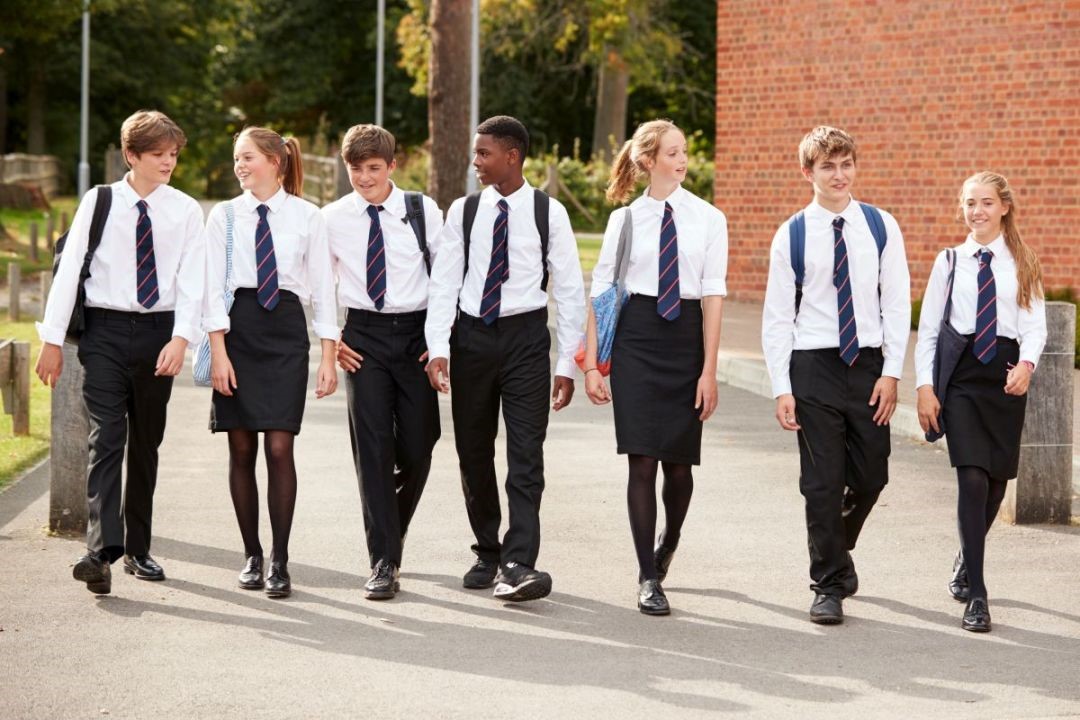
How to identify a “Diploma Mill” private high school?
- No campus. The school is a rented office building.
The “diploma mills” are located in big cities, downtown. There are no formal teaching facilities and venues, and teaching hardware is extremely limited, with many schools renting several rooms in office buildings as schoolrooms. And the contact address is usually a P.O. Box, email, or building door number.
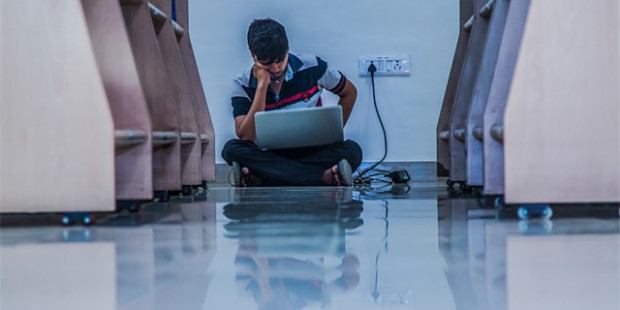
- Rental of school accommodation
The “diploma mills” usually do not have dedicated student apartments, and schools will rent nearby homes, hotels, and even office buildings to convert into student accommodation. Student accommodation is poor, and there is no guarantee of safety as they must walk alone to the accommodation area after school each day.
The residential area does not arrange for the supervision of students by a residential teacher. If a student has an emergency at night, he or she will not find a teacher and get help from the teacher. There are even students who don’t come back to the residential area all night, and the school and teachers don’t even know. The safety of the students cannot be guaranteed.
- Teachers depend on external assistance
Such schools usually employ only a few full-time teachers, often on a part-time basis, most of whom are not native teachers and have not taken a teaching certificate or even any teaching experience.
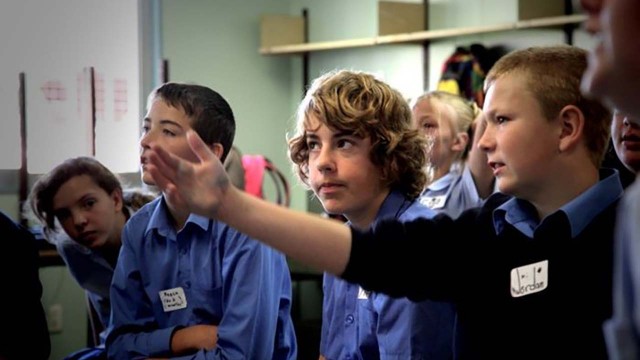
- Hardware resources
The hardware facilities of “diploma mill” are inadequate and many of the schools do not have basic student activities and sports fields and students do not have any after-school activities
- Fewer options for courses
The “diploma mills” do not offer courses as required by the Education Department of Canada. They have a limited choice of courses and offer only a few “popular courses”. Students are not guaranteed basic course choices and have fewer courses in engineering, computing, and art.
These “diploma mills” have the goal to cheat for money! The consequences of attending such a school are not only the loss of money and energy but more importantly the waste of students’ time.
